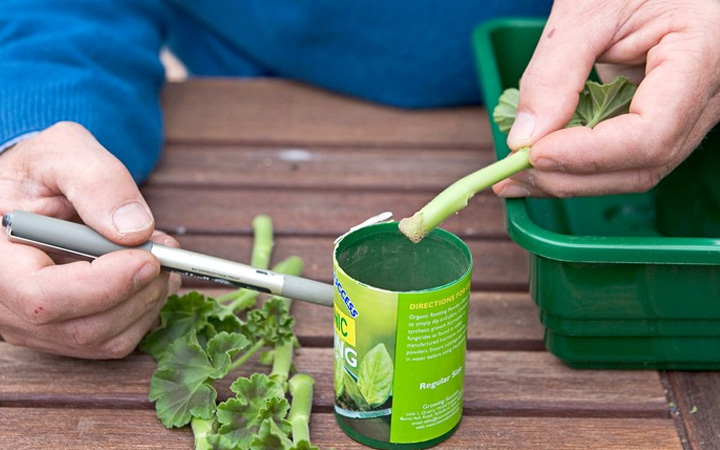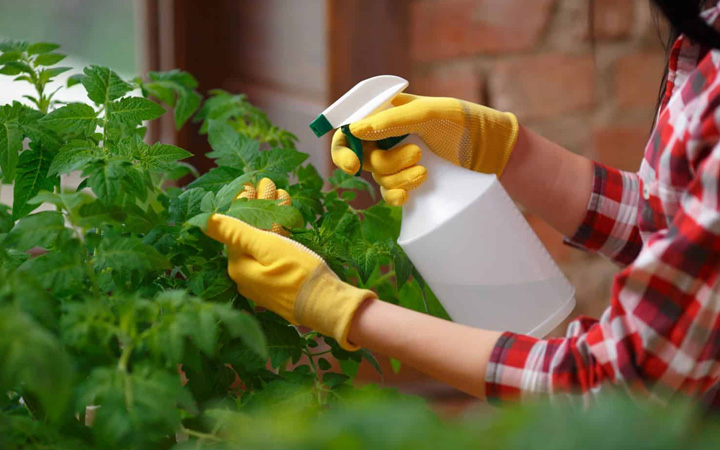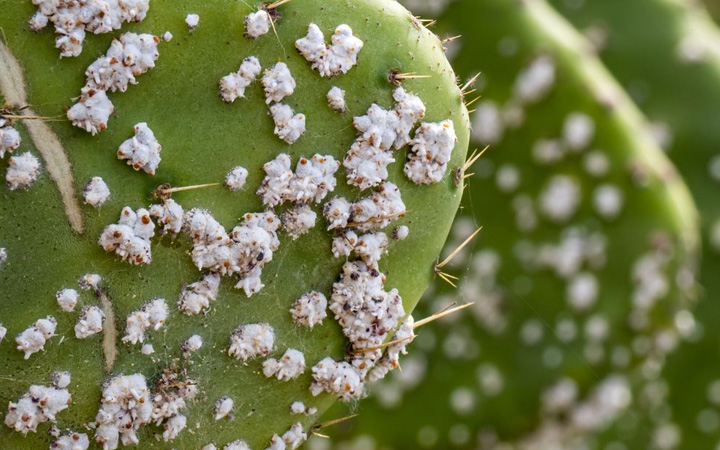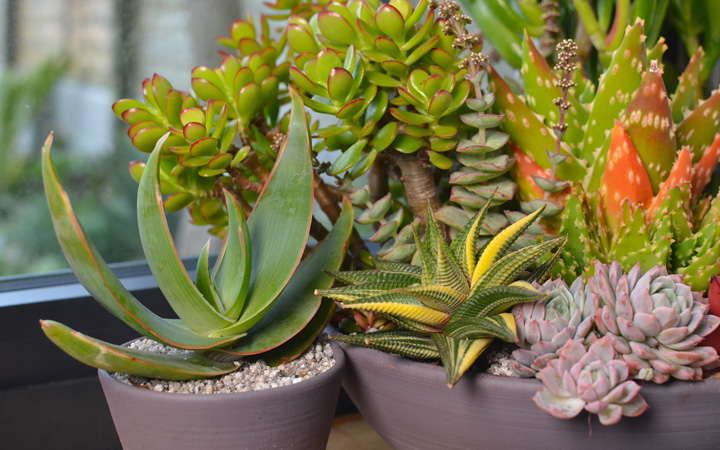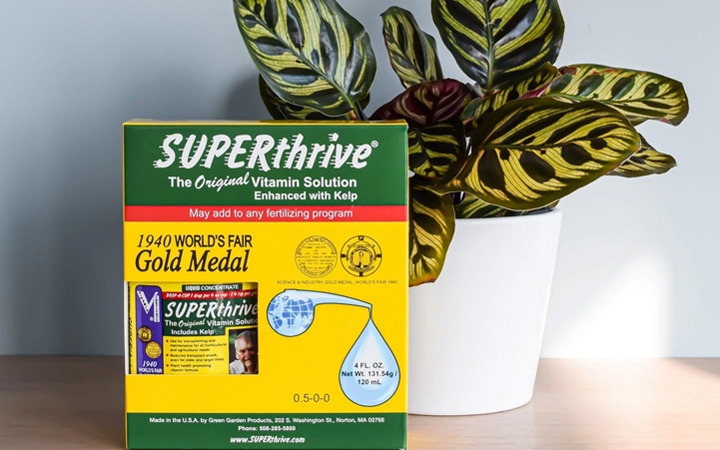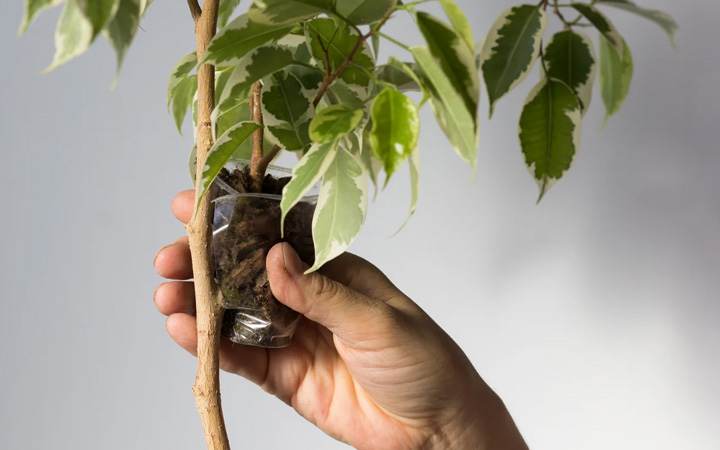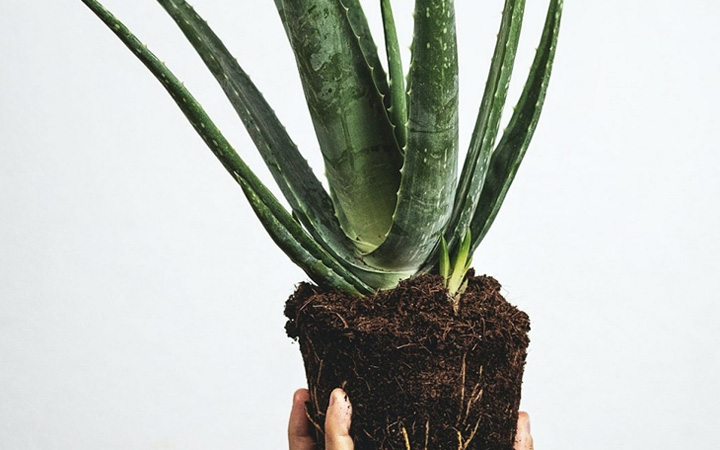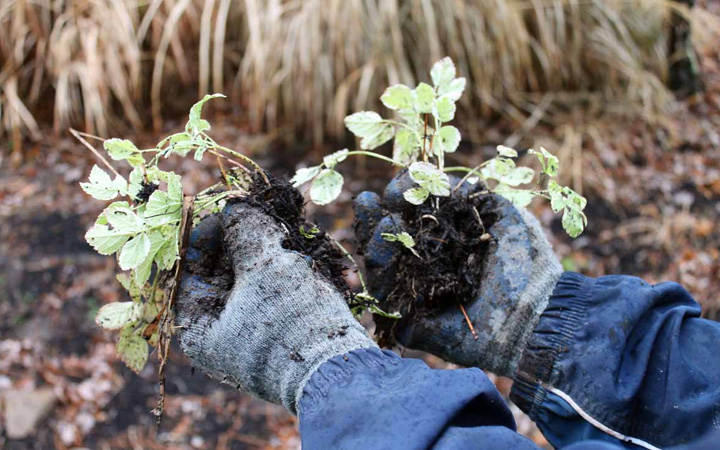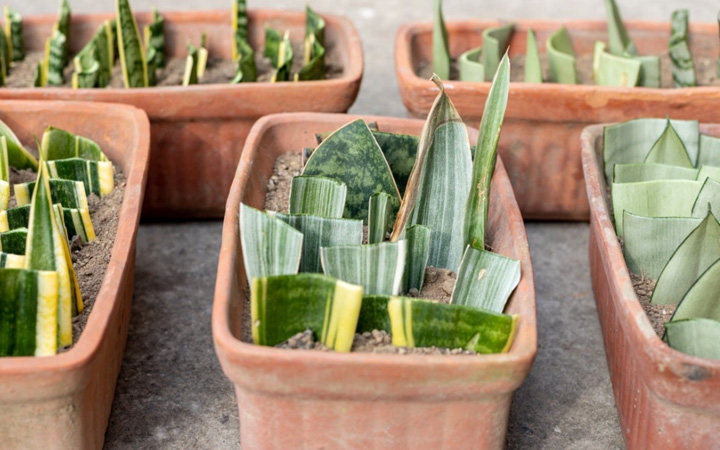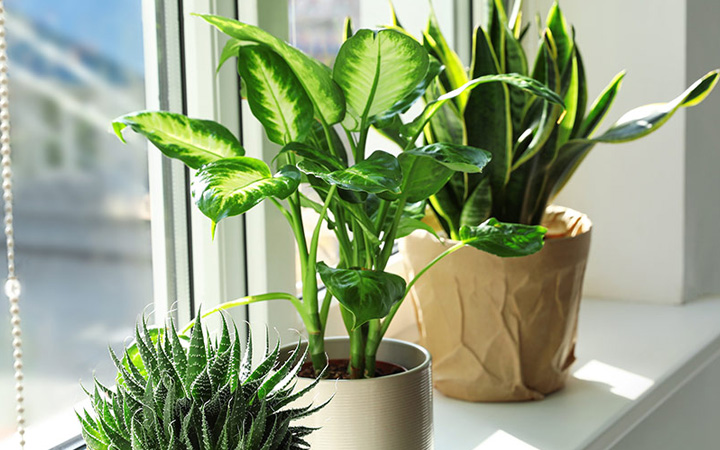Rooting Hormone
Rooting Hormone helps plant cuttings produce new roots and is very important to use if you want your propagation attempts to be successful. Always dip the cut end of a stem or leaf into water and then dip it into the rooting hormone before planting it. Tap off any excess powder since too much hormone … Read more

